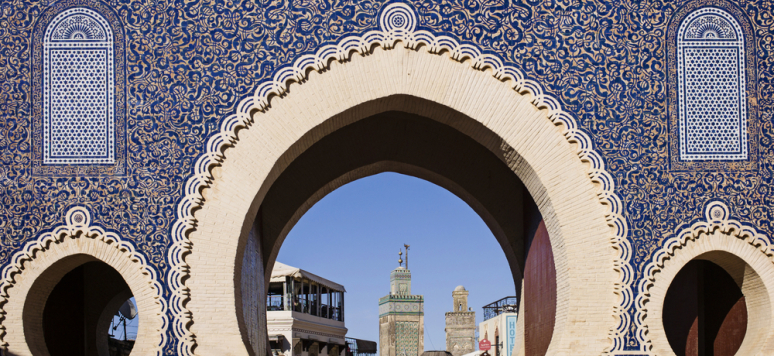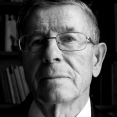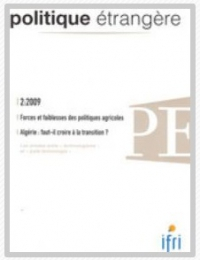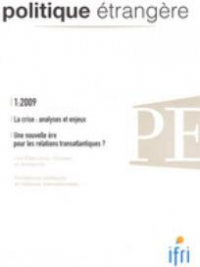Relations between Russia and Saudi Arabia have never been as friendly as they were in 2009. After years of tension over Saudi support for Islamist fundamentalism in the post-Soviet space and Russia's proximity to Iran and Iraq, Moscow and Riyadh have progressively moved closer to each other....

Middle East / North Africa

The Middle East and North Africa Programme at IFRI aims to provide expertise on the trends and developments in politics, societies and economies across the region.
The programme has the following objectives:
- Proposing a new approach towards the MENA region through an analysis of local, regional, and international dynamics with the potential to guide and influence new policies ;
- Highlighting the role of foreign powers which have traditionally been present in the region and analyzing the new role taken on by emerging countries ;
- Anticipating new directions and outlooks in each country;
- Interpreting risks and potentials and puting forward new templates for analysis.
The programme has built a dense network of researchers and experts who provide expertise on the MENA region and working together on a range of crosscutting themes.
Senior Research Fellow, Head of Ifri’s Türkiye and...
Research Fellow, Türkiye and Middle East Program
...Associate Research Fellow, Türkiye and Middle East...
Senior Advisor for North Africa and the Middle East
Research Interests:
- North Africa
- The Middle East
Associate Research Fellow, Türkiye and Middle East Program
...Associate research fellow, Turkey and Middle East Program
...Russia's foreign policy toward the Greater Middle East is not an aggressive, anti-Western one, but a defensive policy aimed more at protecting Russian economic interests, working with virtually any government that opposes Sunni radicalism, and preventing Moscow from becoming a target of Muslim...
This contribution consists in analyzing the unifying or opposing relations between the central State-power and the southern part of central-Saharan populations, mainly Arabs and Tuaregs, within the relational framework of colonial and Malian armed forces.
On November 5th 2009, a cocaine-loaded Boeing 727 aircraft arriving from Venezuela was discovered torched and emptied on a makeshift airstrip in the Malian desert (Gao region). The sahel-saharan area is clearly a contact zone between very distant worlds.
Since independence, a decision-making system has been built which monopolizes different levels of decision in the hands of 'the pretorian'. At the end of the 1980s, having been opposed by the temporary alliance between those who were in power and the Islamic movement, reforms failed. After the...
Soon after achieving independance, Algeria adopted an interventionist economic model that focused on the oil industry, after which reforms made during the 1980s fell short. In the middle of the 1990s, the threat of an economic collapse forced the government to implement free-market reforms,...
'Most Algerians make an uncompromising assessment of their country's track record over the past 20 years, and the absence of Algerian diplomacy remains a burning and recurrent issue'.
'Al Qaida in the Islamic Maghreb is an Algerian reality. Its Maghrebine, or even Maghrebine-Sahelian dimension, that appears obvious in the Western security line, is actually questionable'.
On the basis of public announcements made during the campaign and of what President Obama’s advisers and supporters have written, the President’s options should not totally oppose the political choices made by the previous government. However, there should be a change in the way America deals...
The new American administration offers a window of opportunity to solve the Palestinian-Israeli conflict. The United States and the European Union will hold a prominent position in the negotiations, but they must draw the lessons of past failures. Mediators must be active, international...
Aucun résultat














